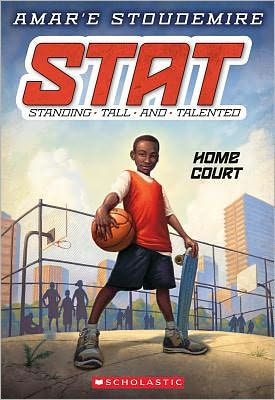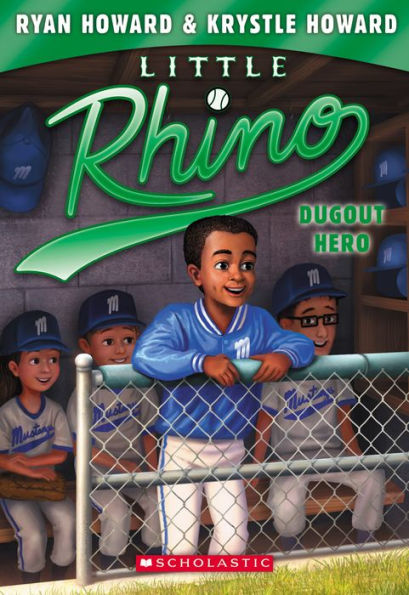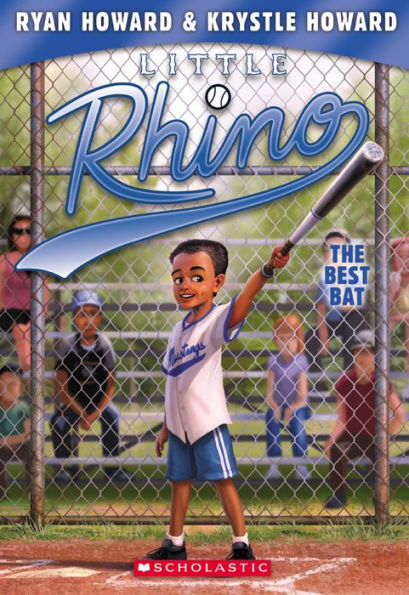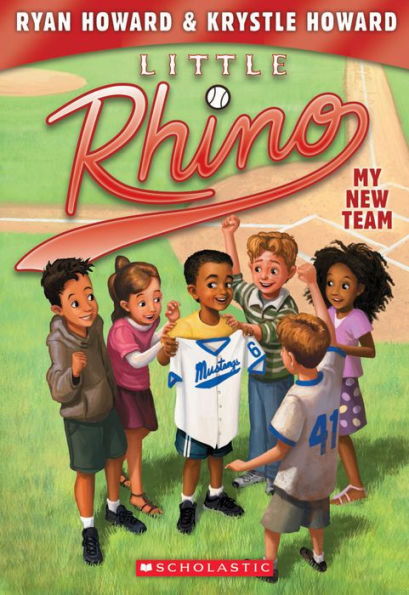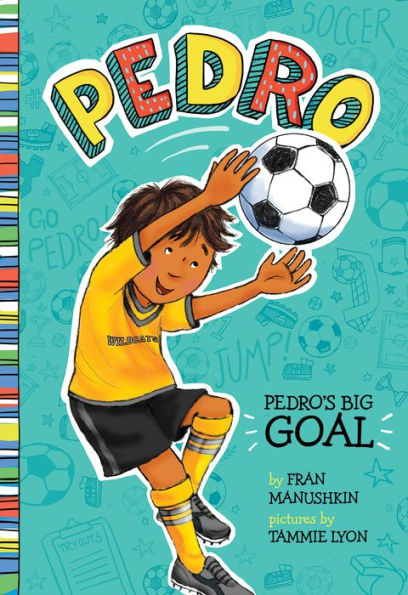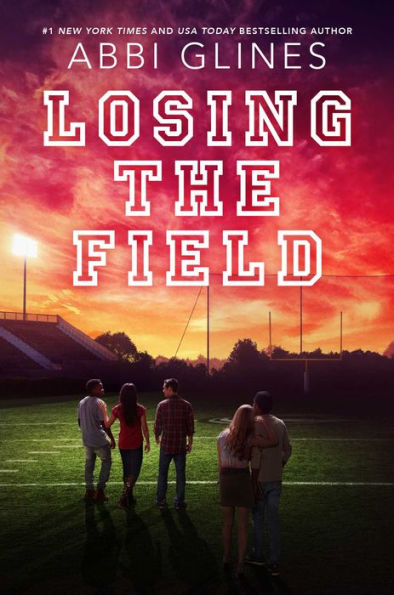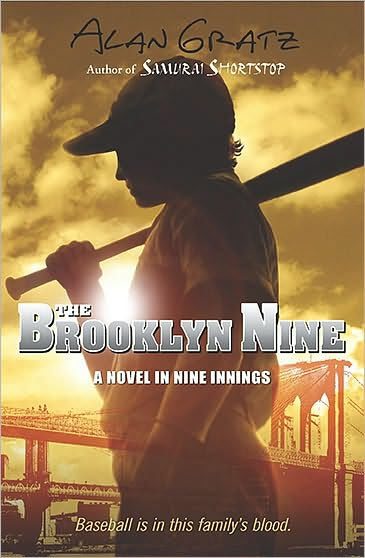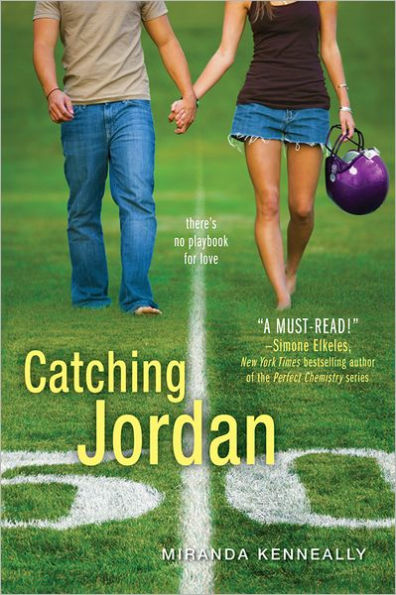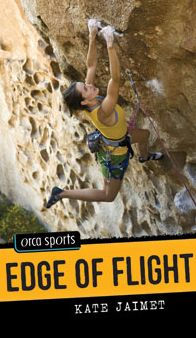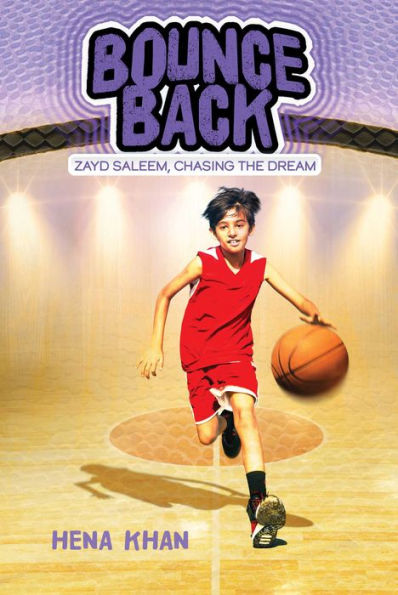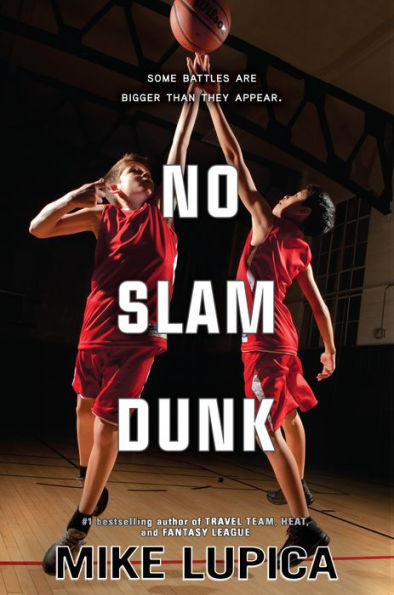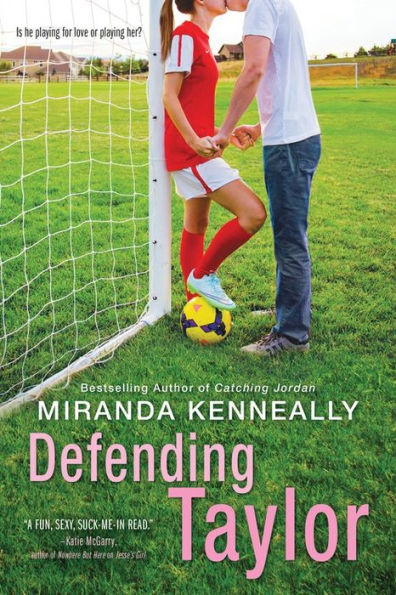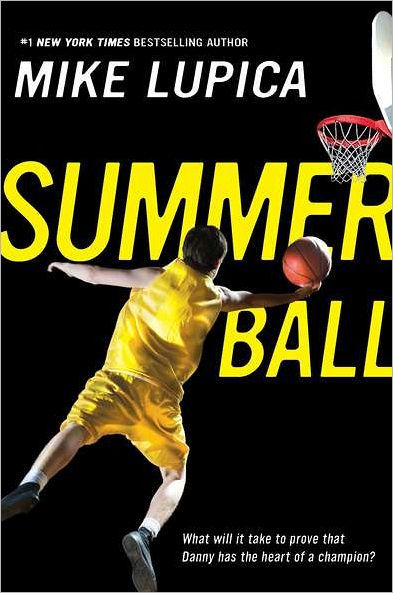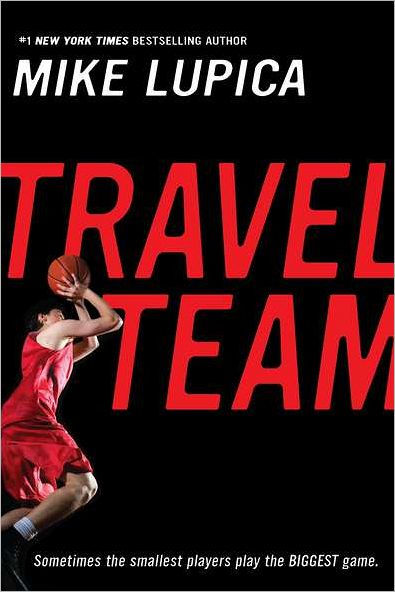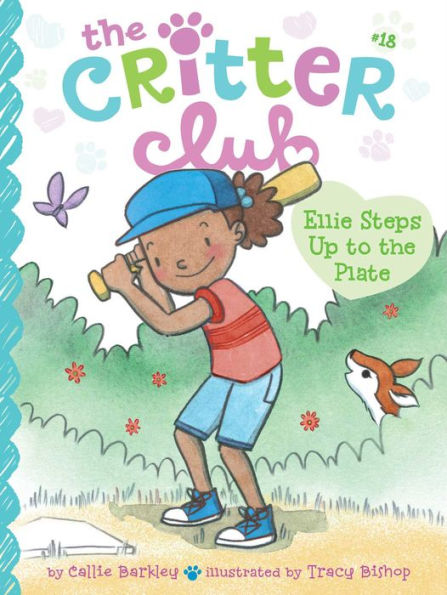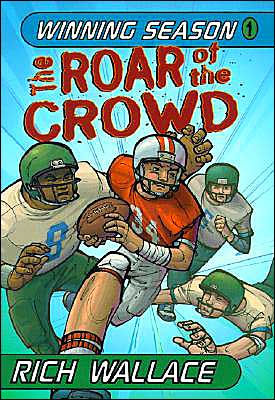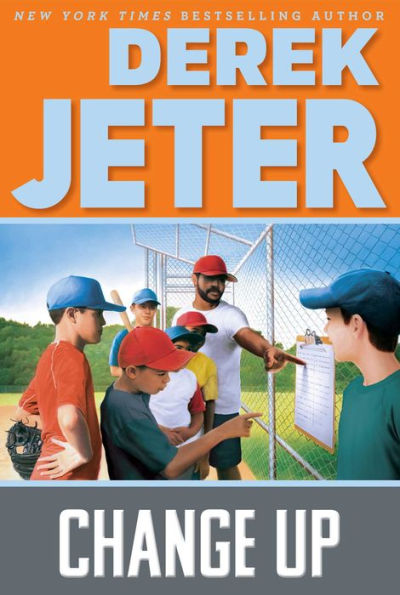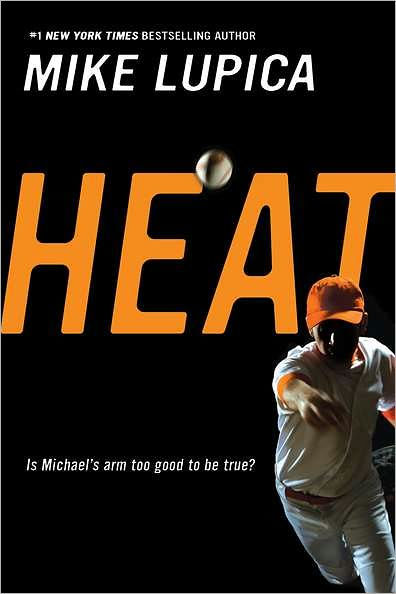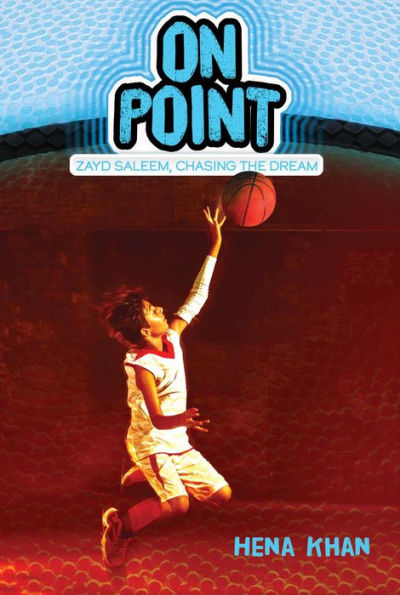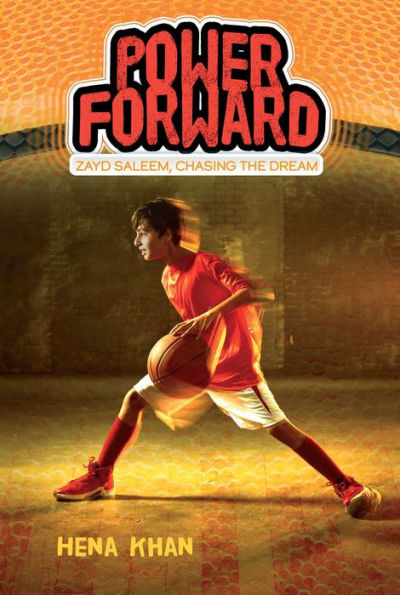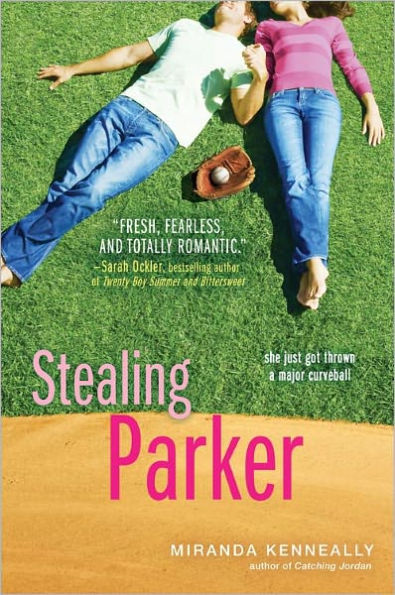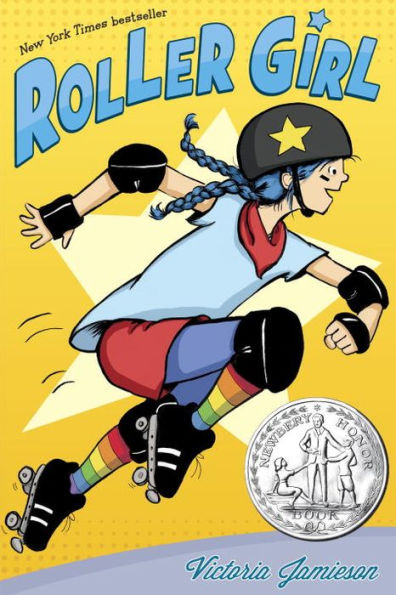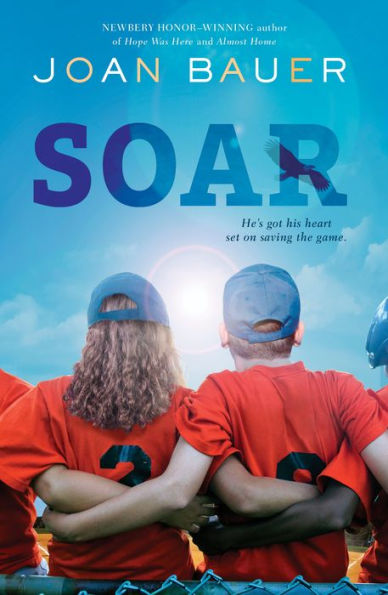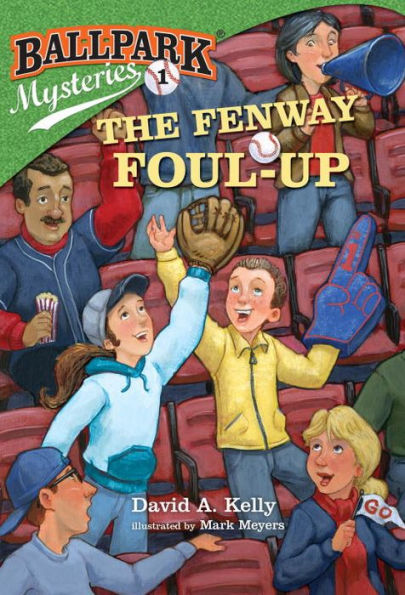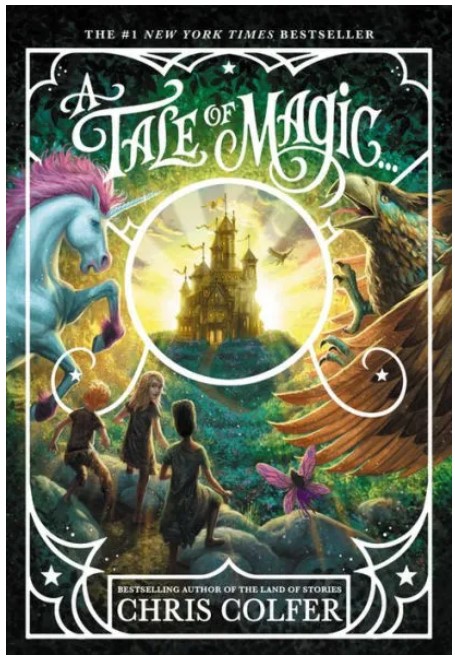Eleven-year-old Amar’e Stoudemire has a lot going on. He loves to go skateboarding in the park. He takes his school work very seriously. He helps out with his dad’s landscaping company. He also likes to play basketball with his best friends – but just for fun.
When a group of older kids starts disrespecting his boys on their neighborhood basketball court, there is only one solution. Amar’e must step in and use his athletic ability and intelligence to save the day. This experience leads Amar’e to realize that basketball is his true passion. This story is based on the life of All-Star NBA sensation Amar’e Stoudemire who overcame many obstacles to become one of the most popular figures in sports today.
Like many readers, Amar’e is interested in a wide range of activities—skateboarding, basketball, and hanging out with his friends. When his friends need him, Amar’e isn’t afraid to take on some trash-talking older kids. Anyone who has been mistreated will relate to Amar’e’s difficulties. Amar’e’s struggles are illustrated with simple black and white drawings which are scattered throughout the book. Amar’e tells his story using easy vocabulary and short paragraphs to create an easy-to-read, entertaining story.
Sports fans will enjoy the play-by-play basketball action. However, the story doesn’t just focus on sports. Amar’e also enjoys learning tricks on his skateboard, helping his father, and doing well in school. Amar’e worries about his history writing assignment on Dr. King. In the end, Amar’e is able to connect Dr. King’s message to his life. He writes, “One person could do a lot, but the more people you have behind you, the more you could accomplish.”
Amar’e’s diverse interests give additional intrigue to the story, but also make the story choppy. One positive aspect of the story is Amar’e’s strong connection with his family and friends. Because the story is written from Amar’e’s point of view, readers will understand why Amar’e believes it’s important to be a good student, a good friend, and a hard worker. Younger sports fans will enjoy Home Court because of the positive message that is delivered by a relatable character. Readers who are looking for similar books should try the Zayd Saleem Chasing the Dream Series by Hena Khan.
Sexual Content
- While playing a basketball game, Amar’e and his friends huddle up. An older boy tells them to hurry up “unless y’all are making out in there.”
Violence
- While playing basketball with some older kids, Carlos intentionally tripped Amar’e. “My eyes were on the ball, so I didn’t see Carlos stick out his leg. I sure felt it, though. His shin banged into mine just above my ankle and I tumbled hard onto the pavement.”
- While playing basketball with some older kids, “Yeti clobbered Duece on a moving pick. It was the bigger player on the court taking out the smallest, and it was hard to miss the foul.”
- While playing basketball, an older boy “jammed his elbow hard into his lower back. Mike grimaced in pain and lost his dribble.”
Drugs and Alcohol
- None
Language
- Some older kids trash-talk Amar’e and his friends. Afterward, one of Amar’e’s friends calls the boys “jerks.” Later Amar’e thinks, “Yeti was hanging on the rim again like a jerk.”
- When an older boy throws trash on the ground, Amar’e asks, “Shouldn’t you go back to the garbage dump you came from?”
- An older boy calls Amar’e and his friends “losers.”
- “What the—” is used once.
Supernatural
- None
Spiritual Content
- None
